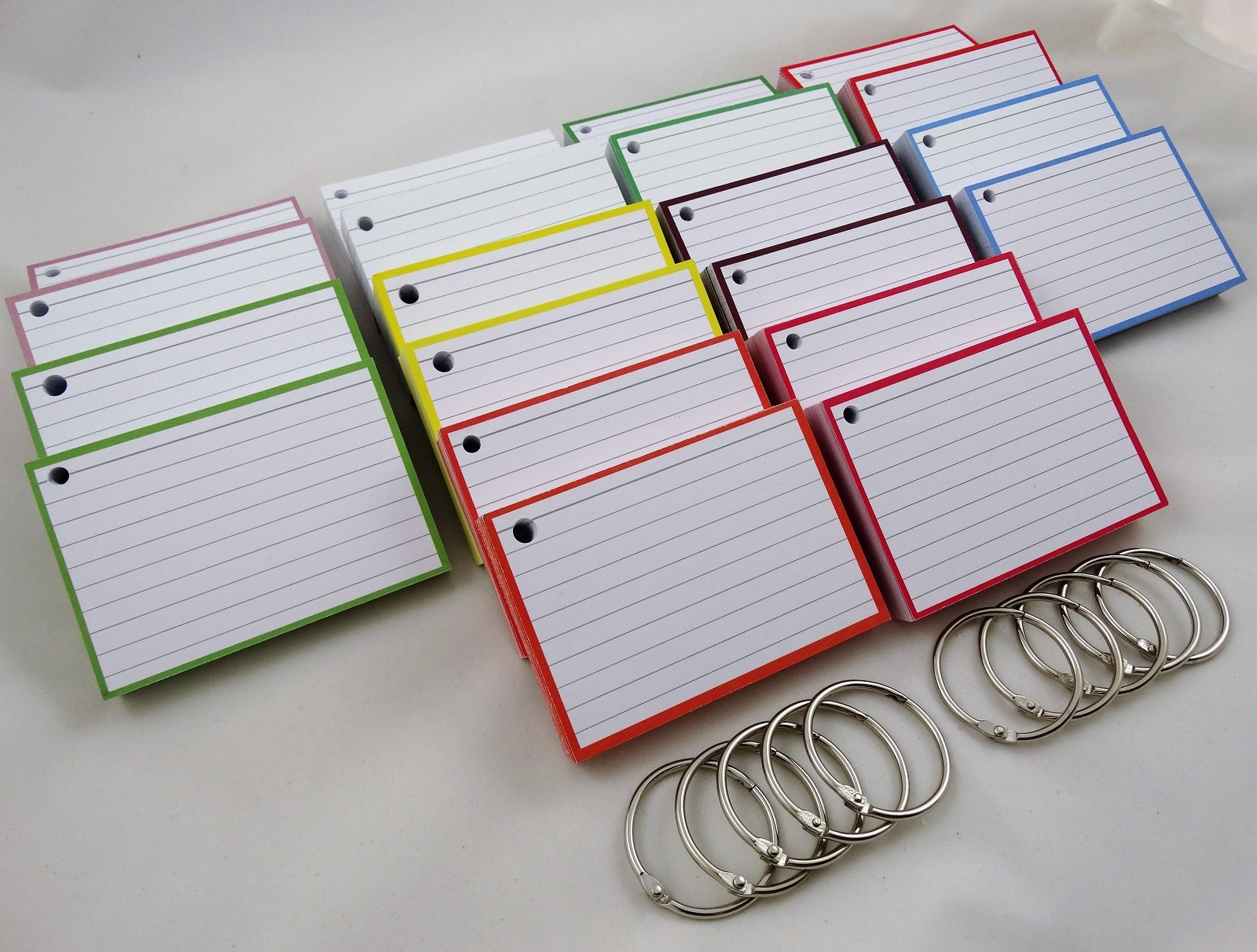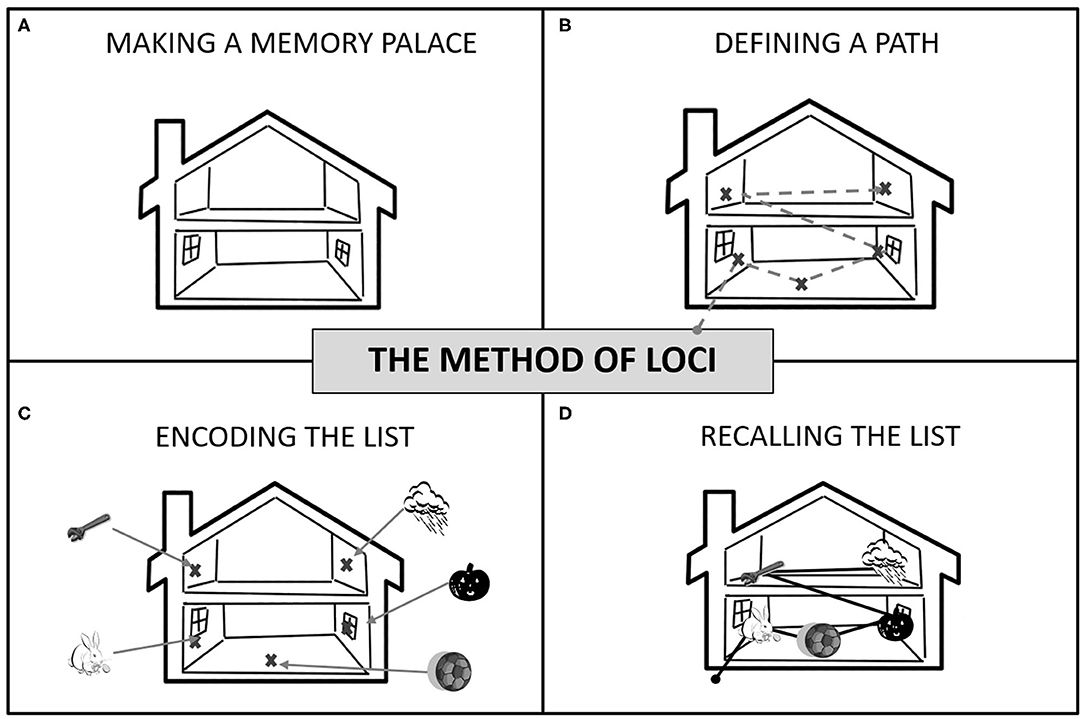Doing well in your studies is key to getting into University. Below are some of our top tip on how to study for exams and how to do well in years 8-11, sixth form, college and University.
 Mind Maps
Mind Maps
Using mind maps is one of the quickest and simplest ways to make notes and check what you remember. It works for all ages, and you can break what you know into topics that help you remember in your own pattern.
Mind Maps help you to cut down all your notes into useful information, often using colours, and make great revision notes. Once you have made the first branches with themes, branch off them with more detailed topics, and then finally more detailed notes in the end branches. Make them easy to read and condense the notes are much as possible to make revision bitesize. Once you've got the key themes, you'll soon realise that you can remember small details about them and that's what revision is about.
 Flashcards
Flashcards
Using flashcards to revise is always a good idea as it breaks up all your possible questions into smaller, less daunting sections and can also be used to test yourself. Imagine you need to give a short talk to your class about the topic, how are you going to condense it all into 1 or 2 cards?
If you were presenting you would usually expand with your own ideas at the time of presenting, so use your flashcards as prompts, you can even colour code them or draw pictures or diagrams if that helps!
Top tip: Write a question on one side of the card, try and answer it without help and then flip over the card and read through the full answer on the other side. After a while of testing yourself on these questions, you will slowly begin to remember the answers. You can do this with a classmate, or someone from your household.
 Teach the topic
Teach the topic
You might not think of yourself as a teacher but explaining a topic clearly to someone else is one of the first steps. Plus, it's a great way to remember and prove you know what you're talking about!
Make some notes, try some revision hacks, and see which parts you need to revisit. If you can teach the subject to someone else, then you have learnt it well. It helps identify parts you are less confident in and where to revise more. Plus, you'll be gaining confidence and communication skills that are so valuable to Higher Learning.

The Loci Method
Your brain can associate existing knowledge with new knowledge - but how can we use it to remember things?
- Choose a familiar place like your home or your journey to school/college/university.
- Think about what you see, hear, smell, and do on that journey.
- Imagine these things in your head, or if you are doing this on paper you can make a note or draw the things in the order that you engage with them.
- Start to associate a topic with a different part of that journey, then associate more details with objects, smells and actions. For example, a bus can be one topic, getting on can be part of the content, then paying and sitting down, looking at a landmark outside could be other content. The more you do it, the easier it will become to remember!
For example, to remember parts of the brain and what they do, it could go like this:
Familiar place = bedroom
frontal lobe = door = thinking and decision making
"parietal lobe = chest of drawers = somatosensory area = sensory sensations like pain/pressure.
But!
Write out everything you know about a topic in one colour, then with the second colour fill in the gaps of your knowledge with the help of your book to really see what you need to revise.
Go beyond mere recognition - really try to actively recall information, stay hydrated, and make sure to rest in between revision sessions and before key tests.
You can also chat with our staff directly every Wednesday from 2 pm - 4 pm and periodically throughout the working week.
Alternatively, chat with our current students who will be able to share this information with you and any other course-related queries.
Or book onto one of our Open Days or Course Advice Days to find out more and speak with the team.
What is #UniAsItShouldBe? A University that puts its students and their needs first through a supportive learning environment. Welcome to the University of Bolton.
